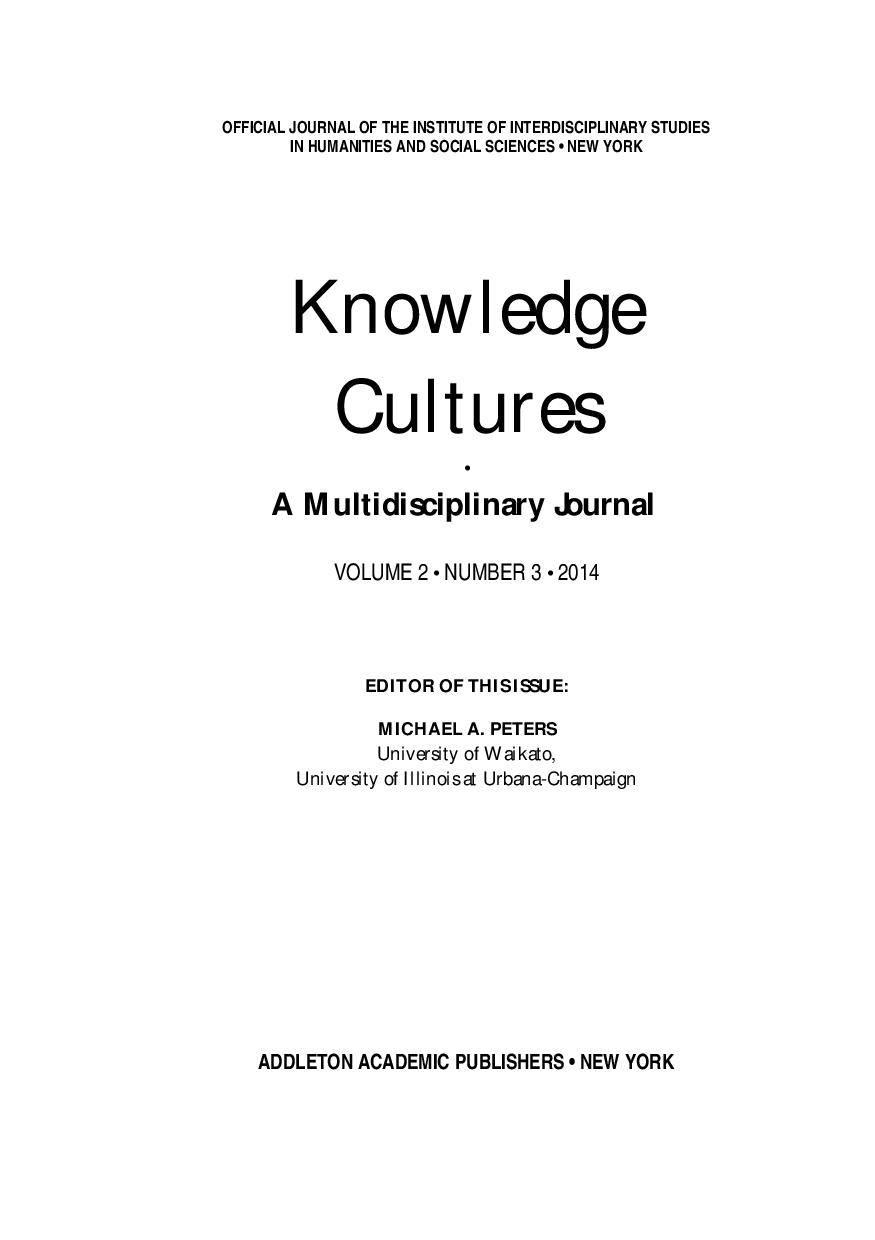CREATIVITY LEARNING IN SCHOOLS: A META-ETHNOGRAPHIC ANALYSIS
CREATIVITY LEARNING IN SCHOOLS: A META-ETHNOGRAPHIC ANALYSIS
Author(s): Marianne Dovemark, Dennis BeachSubject(s): Social Sciences
Published by: Addleton Academic Publishers
Keywords: creativity learning; performativity; meta-ethnography; historical materialism
Summary/Abstract: Creativity began to be systematically investigated at the end of the nineteenth century. Fasko in the Creativity Journal in 2001 pointed to ten conditions that seem to contribute to and or support creativity in education and that can help create a climate of mutual respect and acceptance between students and between students and teachers, so that students can share, develop, and learn together and from one another as well as independently. The following were amongst them: recognizing that creativity rarely occurs immediately and spontaneously; allowing time for students to think about and develop their creative ideas; and allowing students to have choices and be a part of the decision-making process so they may feel more in control of their education and learning experiences. These are among the issues the authors will consider in the present article. The writing is based on the authors’ previous ethnographic research and a meta-ethnographic analysis of these and other ethnographic investigations. Similar to Sawyer in his work Explaining Creativity (2006), the authors argue that the social and cultural contexts in which creativity and education occur are important for what creativity can become in education. Sawyer took a socio-cultural focus in his work. The authors in this article take more of a historical materialist and neo-Marxist approach.
Journal: Knowledge Cultures
- Issue Year: 2/2014
- Issue No: 03
- Page Range: 98-117
- Page Count: 21
- Language: English
- Content File-PDF

